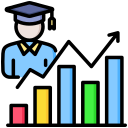The New Age of Knowledge: Digital Transformation in Encyclopedias
Chosen theme: Digital Transformation in Encyclopedias. Step into a world where reference works evolve in real time, guided by communities, powered by data and AI, and designed to make verified knowledge vivid, trustworthy, and accessible for everyone. Subscribe, comment, and shape this journey with us.
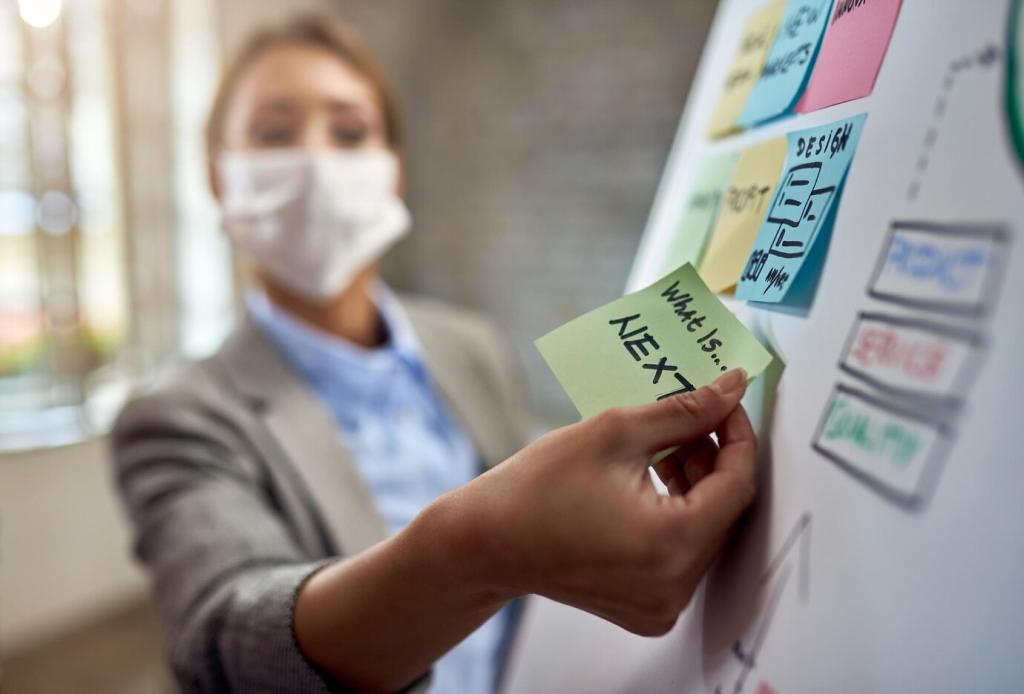
From Print Volumes to Living Platforms

Milestones on the Digital Road
From CD‑ROM editions in the 1990s to open-edit platforms in the 2000s, and API-enabled mobile experiences in the 2010s, encyclopedias reinvented delivery without abandoning standards. Which milestone shaped your learning most? Share in the comments and inspire a new reader today.
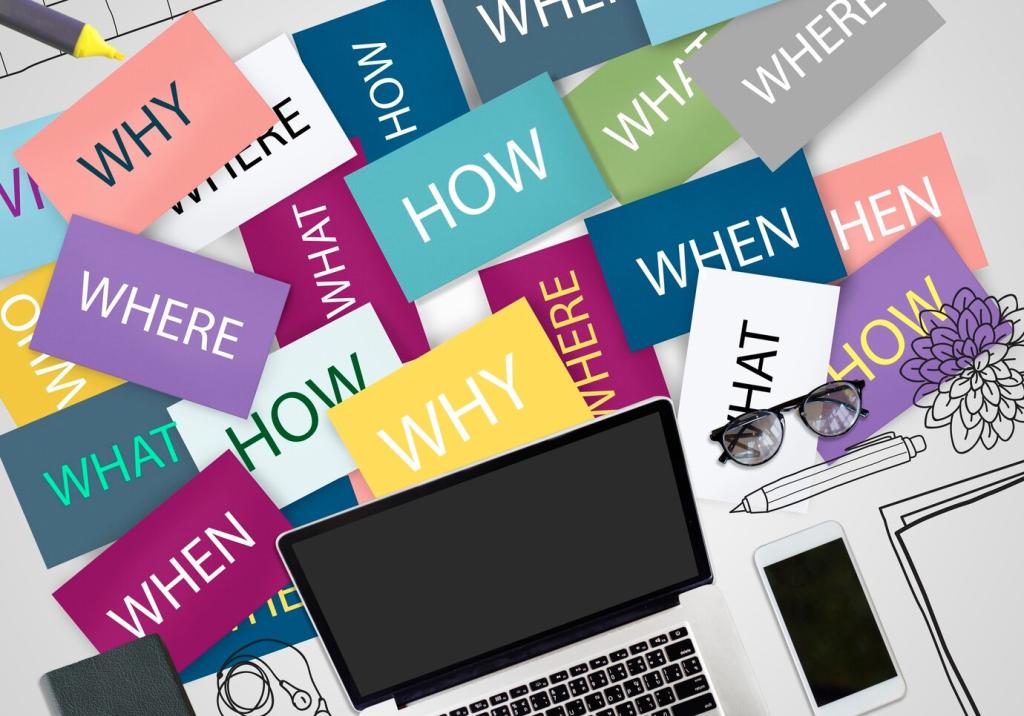
Workflow Overhauls
Digitization demanded new editorial pipelines: agile updates, version control, data validation, analytics-driven topic prioritization, and collaborative dashboards. Editors now coordinate with engineers and data curators, merging craft and code. Tell us how your team retooled processes to keep facts both fast and faithful.
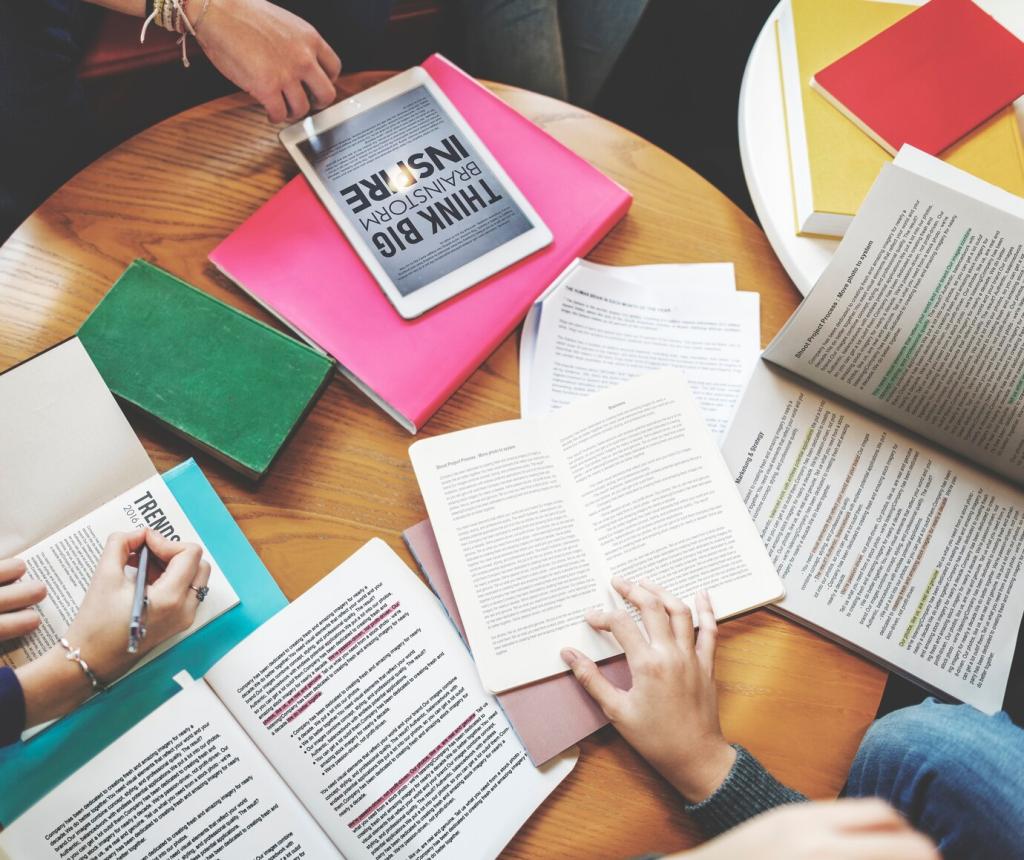
Readers Become Participants
Anecdote: A high-schooler corrected a niche math entry after noticing a formula error on a tablet during commute. Within hours, experts validated the fix. That loop—curiosity, collaboration, correction—captures how digital encyclopedias convert readership into stewardship. What did you last improve online?
Architecting Knowledge: Metadata, Ontologies, and Knowledge Graphs
Linked Data in Practice
Entities, properties, and relationships form a map that machines and humans can traverse. Linking a scientist to institutions, fields, and citations lets readers jump context effortlessly. Have you mapped your domain ontology yet? Share your favorite modeling tips to help newcomers avoid hidden pitfalls.
Entity Disambiguation at Scale
Two people, one name—only structure saves clarity. Algorithms weigh context clues, sources, and cross-IDs to pick the right identity. Editors finalize edge cases with transparent notes. Have you faced a tricky disambiguation scenario? Describe your approach and tools so others can learn from your process.
Semantic Search and Discovery
Beyond keywords, semantic systems infer intent, surface related topics, and adapt to reading levels. Timelines, topic trees, and graph visualizations make learning exploratory and playful. Try searching a concept and follow three suggested hops; report back what surprising connections you discovered.
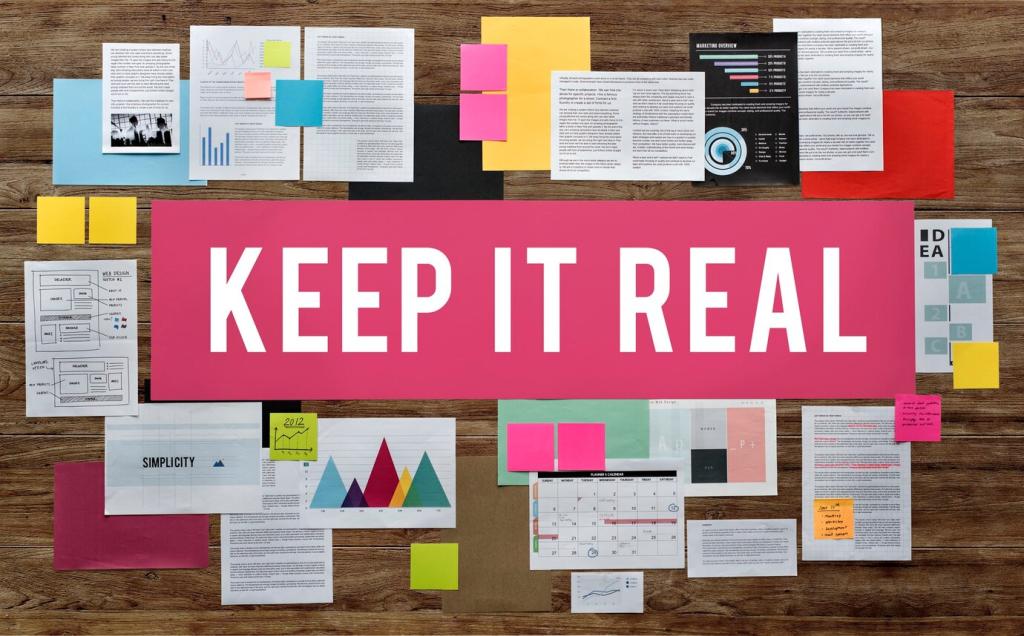
AI in the Editorial Room
Models can draft concise overviews from vetted sources, highlighting key definitions and debates. Editors refine tone, ensure balance, and add citations. If you use summarization tools, how do you guard against oversimplification? Share your checklist so others can calibrate speed with substance.


Citation Culture and Source Transparency
Every claim deserves a traceable source. Inline citations, DOI links, and archive backups protect readers from link rot and memory holes. Share your preferred citation manager and archiving strategy, and help us compile a community toolkit for durable, verifiable references that truly endure.
Bias Audits and Inclusive Coverage
Coverage gaps silence histories. Regular audits reveal underrepresented topics, geographies, and languages. Editorial sprints and partnerships fill the map. Tell us which overlooked subjects deserve priority and why—your suggestions will guide upcoming calls for contributions and collaborative writing sessions.
Explainability and Change Logs
Edit histories, rationale notes, and reviewer tags let readers see why content changed. Explainability builds trust and teaches method. Would revision summaries help your learners? Propose a format that balances brevity and clarity, and we’ll test it with our subscriber community next month.
Immersive and Accessible Experiences
Drag a timeline to watch scientific paradigms shift, or zoom a historical map that overlays trade routes with climate data. These tools invite exploration and memory. Which interactive made a complex idea click for you? Share a link and why it worked so well for your learning style.
Immersive and Accessible Experiences
Short explainers, annotated clips, and listenable summaries fit into busy lives. A commuter once messaged us that a three-minute audio note finally clarified photosynthesis. What topic should we script next? Nominate it, and we’ll invite volunteers to storyboard, record, and review together.
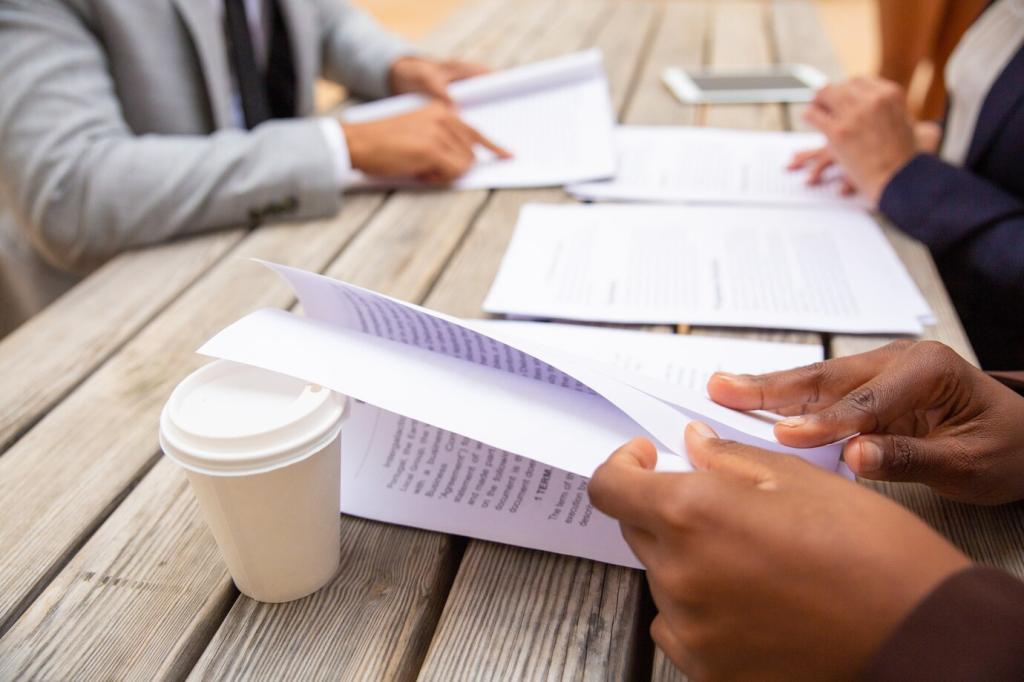

Economics of Open Knowledge
Member support, grants, and ethical sponsorships reduce conflict-of-interest risk. Transparent budgets and impact reports strengthen trust. What accountability metrics matter to you as a reader or donor? Tell us which numbers best reflect real-world educational value and community benefit.
Economics of Open Knowledge
Knowledge thrives in networks. Digitized collections, educator guides, and classroom pilots enrich entries with primary sources. Have you built such a partnership? Share outcomes, surprises, and advice so others can replicate your successes and avoid common collaboration pitfalls along the way.
Economics of Open Knowledge
Permissive licenses and robust APIs let researchers, developers, and teachers remix content responsibly. Rate limits and attribution guidelines keep ecosystems healthy. What would your dream API endpoint deliver? Post a wish list, and we’ll explore prototypes with contributors in upcoming sprints.
Share Your Transformation Story
Did you modernize a reference workflow, migrate archives, or launch a knowledge graph? Tell us what broke, what worked, and what surprised you most. We’ll feature compelling lessons so others can leapfrog the hardest steps with confidence and practical templates ready to use.
Join Our Beta and Newsletter
Subscribe for early access to new features, from semantic navigation to accessibility improvements. Beta readers get behind-the-scenes notes and shape release decisions. If you prefer deep dives, opt into our monthly research brief with datasets, methods, and calls for collaboration.
Propose a Pilot or Research Collaboration
Have a dataset, classroom, or museum collection that could transform an entry? Pitch a pilot. We welcome co-authored studies, open benchmarks, and reproducible evaluations. Comment with a short abstract and we’ll follow up with timelines, roles, and shared success criteria.
